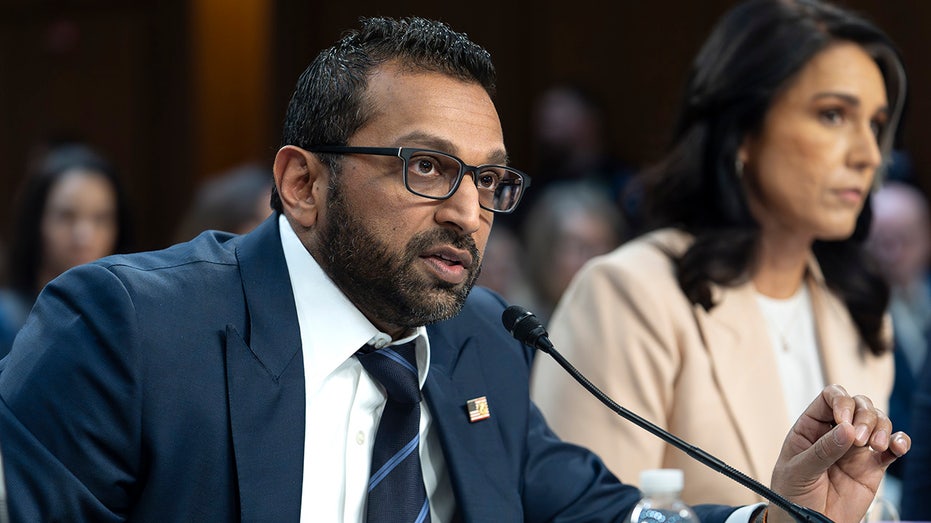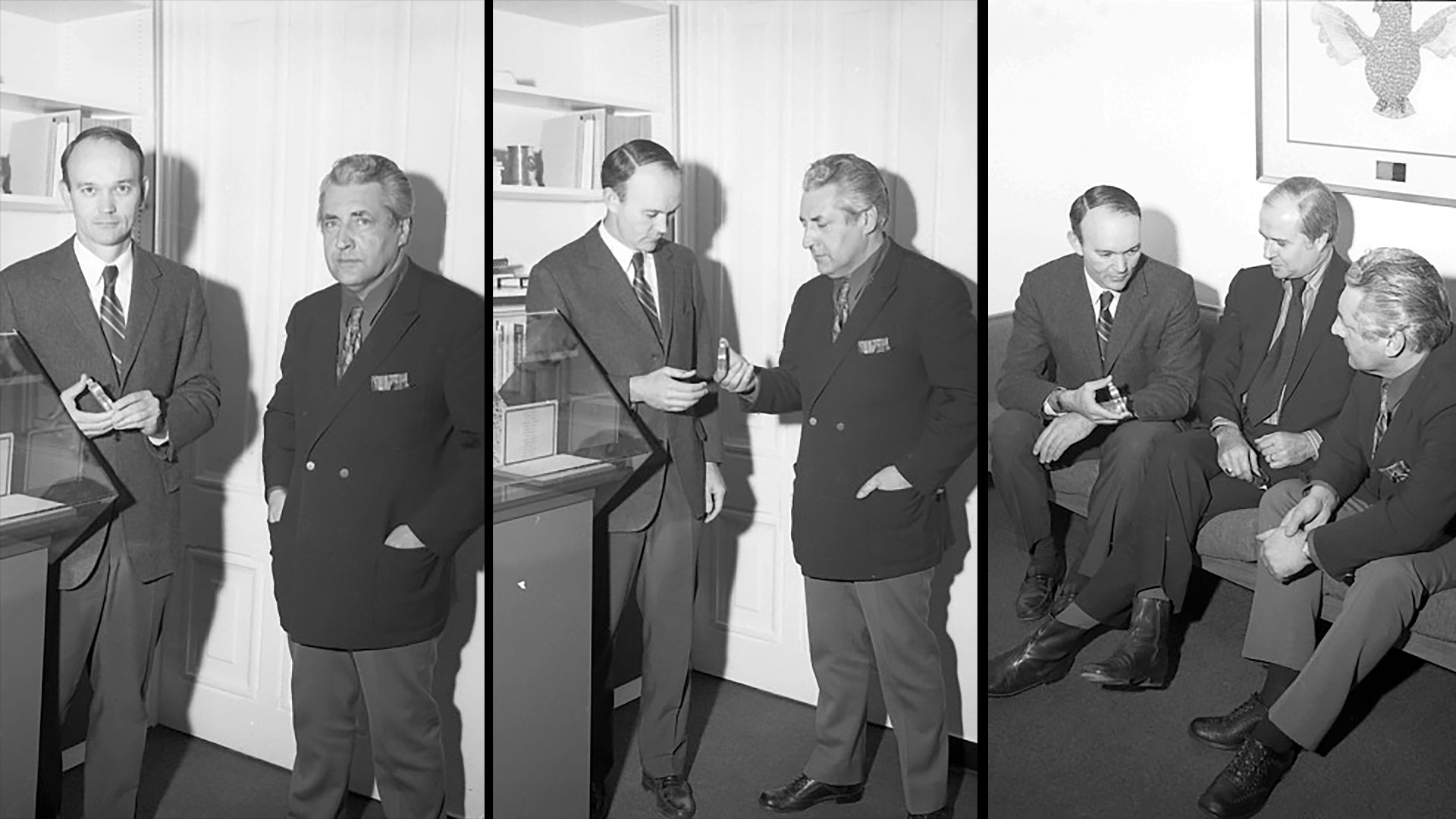Does ‘Sinners’ Box Office Coverage Make the Case for Media Diversity?
News outlets that appeared to downplay the film were channeling their sources, but they may have revealed blind spots when it comes to Black-centered movies The post Does ‘Sinners’ Box Office Coverage Make the Case for Media Diversity? appeared first on TheWrap.

When “Sinners” opened to very good if not overwhelming box office numbers, the film’s performance elicited several skeptical reactions from the entertainment press. In doing so, those outlets and their industry sources might have made a case for the value of diversity, at a time when DEI efforts at media companies have come under siege by the Trump administration.
Writer-director Ryan Coogler’s period horror film has provided a welcome spring surge for Hollywood. Yet the tentative responses to its initial results missed the enthusiasm that greeted its arrival, particularly within the Black community, which both over-indexes in terms of movie attendance and is underrepresented in media jobs.
The coverage in outlets like Variety and the New York Times prompted anger across social media, and allegations of double standards when it comes to filmmakers of color. The subsequent discussion has also focused on blind spots in Hollywood about Coogler’s fan base and more broadly Black-centered films.
“Hollywood has no idea how Black America is about to pull up for ‘Sinners’ next week,” Cheo Hodari Coker, the executive producer of Netflix’s “Luke Cage,” tweeted before the film’s release.
Although the opening wasn’t as big as Coker predicted, “Sinners” posted a mere 6% drop in its second weekend and another stellar hold in its third, lifting its domestic box-office total to $180 million through May 4 and leaving any doubts about its eventual profitability in the rear-view mirror.
Asked what he saw that Hollywood and news outlets missed, Coker, who worked at the Los Angeles Times before segueing into TV production, told TheWrap, “I don’t think they understood the fact that it was truly a cultural phenomenon.”
As for the backlash to initial press accounts — some zeroing in on the movie’s $90 million budget — Coker noted that it struck a very particular nerve. “There is a conventional phrase that you’re always told as a young African American that you have to be twice as good to get half as far,” he said. “That’s what that reaction was.”
The question is whether more diverse representation, both at studios and in newsrooms, might better identify such trends. That has always been one of the bottom-line arguments for DEI — namely, that accurately reflecting the entertainment-consuming population enhances Hollywood’s chances (and that of those reporting on the industry) to tap into sweet spots and underserved genres they might otherwise miss.
Eric Deggans, an NPR critic, Washington and Lee University journalism professor and author of the book “Race-Baiter: How the Media Wields Dangerous Words to Divide a Nation,” sees the coverage as emblematic of both the current media climate and reporters channeling what they hear from their studio sources.
Simply put, both sides of that equation were ill-equipped to see around corners with a film that hasn’t followed the traditional horror-movie box-office script.
“There’s a lot of pressure in the platforms who cover Hollywood to anticipate what is going to happen,” Deggans told TheWrap, adding that they often approach industry news “completely from the perspective of people who run studios. They are not thinking about what the audience is thinking, specifically if it’s a non-traditional audience.”

Granted, there were clues that “Sinners” might possess greater appeal than early tracking and projections indicated, and word of mouth clearly played a vital role in the strong post-opening-weekend numbers.
Nevertheless, there was a clear sense the movie was being undersold, even dismissed, which prompted pushback against the Times and Variety for their opening-weekend disclaimers — with the latter noting “profitability remains a ways away” — as well as the emphasis on Coogler’s deal to reclaim rights from Warner Bros. in 25 years.
In an interview with Amy Goodman of Democracy Now!, Coogler pointed out those terms are hardly unprecedented, saying, “I think that a lot has been made of my deal in particular, I’m not totally sure why. I have my guesses, but I’ve been in the industry long enough to know what deals are possible, and nothing about this deal is a new thing.”
Keith Woods, who recently retired from his role as chief diversity officer at NPR, stressed that the issue of DEI from a journalistic perspective isn’t about staffing, but rather creating an environment that recognizes biases and fosters awareness in pursuit of “nuance, depth and context.”
In the case of “Sinners,” Woods said there were numerous legitimate angles to consider, including the implications of Coogler’s deal for both talent and the studios, and the film’s box office potential based on the limited information a single weekend could provide.
“If the angle at each of those intersections is to choose the least complimentary of those two options, then that is not fair journalism,” Woods told TheWrap, adding that the journalistic argument for DEI is “accuracy, and fairness, and vision. It’s some of the core values of the craft of journalism.”
Addressing the practical impact of the coverage, Salon’s Coleman Spilde argued that negative (or at best skeptical) spin “affects where the money goes. If a bold, original film like ‘Sinners’ has its success met with doubt, it could result in fewer original ideas being funded.”
According to Deggans, the key is such oversights represent an entrenched aspect of the business, one that filters through studios and into entertainment coverage.
“That’s what led to people underestimating the film, viewing this movie through the typical Hollywood lens, rather than having a more expansive view,” he said. “Some of this is just Hollywood imposing its orthodoxy on something that led it to miss what was happening.”
Franklin Leonard, a producer and the founder of the Black List, made the point on X by juxtaposing the New York Times headline, “‘Sinners’ Is a Box Office Success (With a Big Asterisk),” with a far rosier appraisal of Quentin Tarantino’s “Once Upon a Time … in Hollywood,” which opened to analogous results.
The point, Leonard wrote, “is that the narrative and media context in which these two movies exist is DEEPLY biased, which redounds aggressively to the ways in which similar films and filmmakers will be valued in the future.”
Coker noted Coogler’s strong track record, which includes not only the two “Black Panther” movies but relaunching the “Rocky” franchise with “Creed” and the acclaimed indie film “Fruitvale Station.” He also cited enthusiasm about his collaboration with actor Michael B. Jordan, which, he suggested, warrants comparisons to the early teaming of director Martin Scorsese and Robert De Niro.
If there’s a bright side, Coker sees it in Coogler and “Get Out” Oscar winner Jordan Peele having joined an elite club of filmmakers who have earned creative freedom through their commercial clout, which will potentially benefit other Black talent.
“They’ll stop second, third and fourth-guessing his instincts about things,” Coker said. “In the current parlance, let him cook. What it means for Black filmmakers is it’s going to give some hope and influence to really try and go for it. When you see the success of Ryan and Jordan Peele, it makes you want to try different things.”
The post Does ‘Sinners’ Box Office Coverage Make the Case for Media Diversity? appeared first on TheWrap.


















_Wavebreakmedia_Ltd_IFE-240611_Alamy.jpg?width=1280&auto=webp&quality=80&disable=upscale#)























































